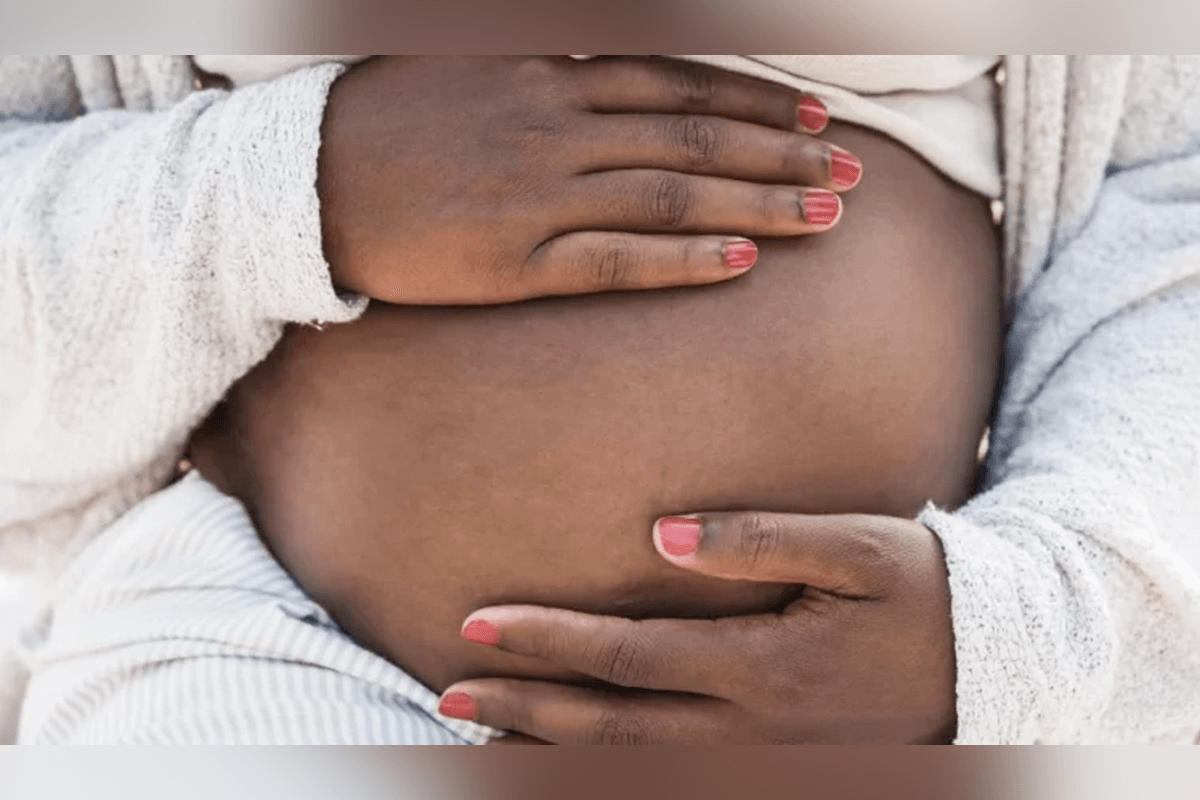
According to Ghana Statistical Service data from the 2021 Population and Housing Census, about 79,733 girls in Ghana aged 12 to 17 have been in a union, either married or living together with a man. Out of this number, 25,999 are girls of junior high school-going age (12 to 14 years).
In the Volta Region, it states that one out of four girls are married or are in a union before 18 years. According to the GHS District Health Information Management System (DHIMS), over 6,000 girls got pregnant between 2020 and 2021 alone.
Domestic violence also remains very high in the region with the Domestic Violence and Victims Support Unit of the Ghana Police Service recording about 1,058 cases in 2020 alone, as compared to 2018 and 2019 when 809 and 687 cases respectively were recorded. Of great concern were defilement incidents, where 230 cases were reported, threat of death, 114; assault, 278; rape, 70; threat of harm, 75; abduction, 50; and non-maintenance, 100.
Aside from depriving girls of their right to education and a healthy childhood, sexual and gender-based violence (SGBV), adolescent pregnancy and child marriage also expose girls to early unprotected sexual activities, which result in serious reproductive health and economic consequences such as unsafe abortion, malnutrition, obstructed birth, obstetric fistula and sexually transmitted infections (STIs), including HIV/AIDs, dropout from school and feminised intergenerational poverty for the victims, their families and society as a whole.
Currently, the Ghana Health Service (GHS), says the region records over 14 percent of adolescent pregnancies, which is above the regional figure of 10 per cent attained in 2022. In view of these, stakeholders have been urged to step up efforts to reduce adolescent pregnancies in the region.
The SDG Target 3.7 on Sexual and Reproductive Health states that by 2030, there should be universal access to sexual and reproductive healthcare services, including family planning, information and education, and the integration of reproductive health into national strategies….
Director of the Department of Gender in the Volta Region, Thywill Eyra Kpe stressed the need for intensive education and empowerment on adolescent sexual and reproductive health (ASRHR) as well as SGBV and the provision of space to respond to some of their fears and concerns, in order to achieve the goal of a good and proper transitional growth of the adolescents.
The one-day Campus Conversation organised for students of the Vakpo Senior High School empowered adolescents on ASRHR and SGBV. Dubbed: “Camp Convo”, the engagement was used to empower the students to become assertive, build their confidence and support one another when faced with challenges. The programme under the auspices of the Volta Regional Coordination Council, with support from the United Nations Fund for Population Activities, was an avenue to generate honest discussions with the adolescents and provide a platform to respond to some of their fears and concerns.
Public Health Nurse, Hilda Kotoh, speaking to the media on the sidelines of the event, said teenage pregnancy was still prevalent in the district. She said the district had so far recorded 18.9% in adolescent pregnancies in the first quarter of 2023 alone, despite a national target of 11.5%. She described the challenge as a huge difficulty since it limited the possibilities of Ghana’s future leaders in reaching their full potential, and she called for a multi-stakeholder approach.
SOURCE: Peace FM Online, by graphic.com.gh, 20 May 2023 (excerpts) ; PHOTO from The Ghana Report, 21 May 2023.
NOTE: Many media reports on abortion, like this one, use photographs of pregnant bellies at the edge of giving birth, which gives a totally wrong “picture” of who has abortions. Mainstream media, please take note!



